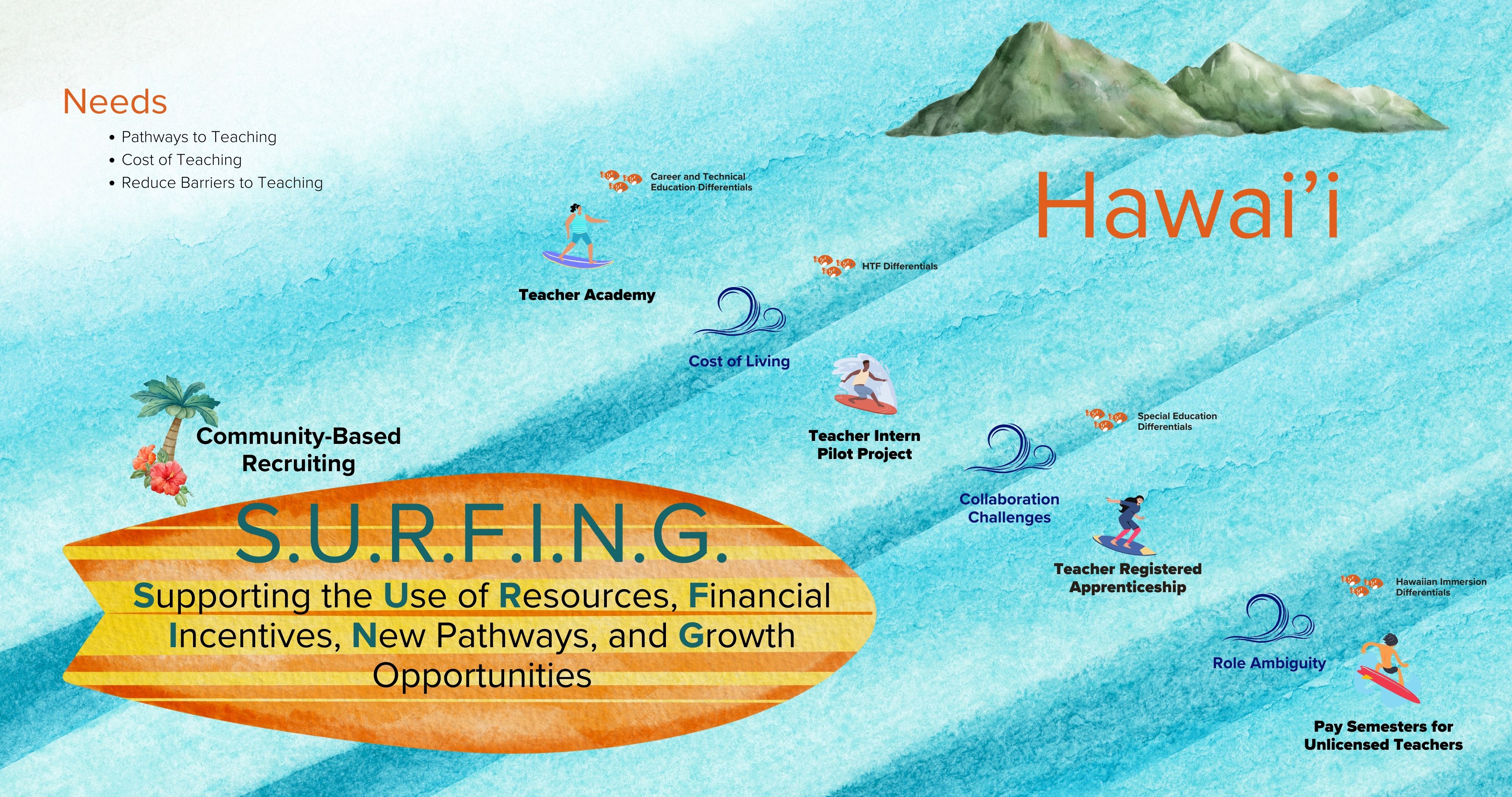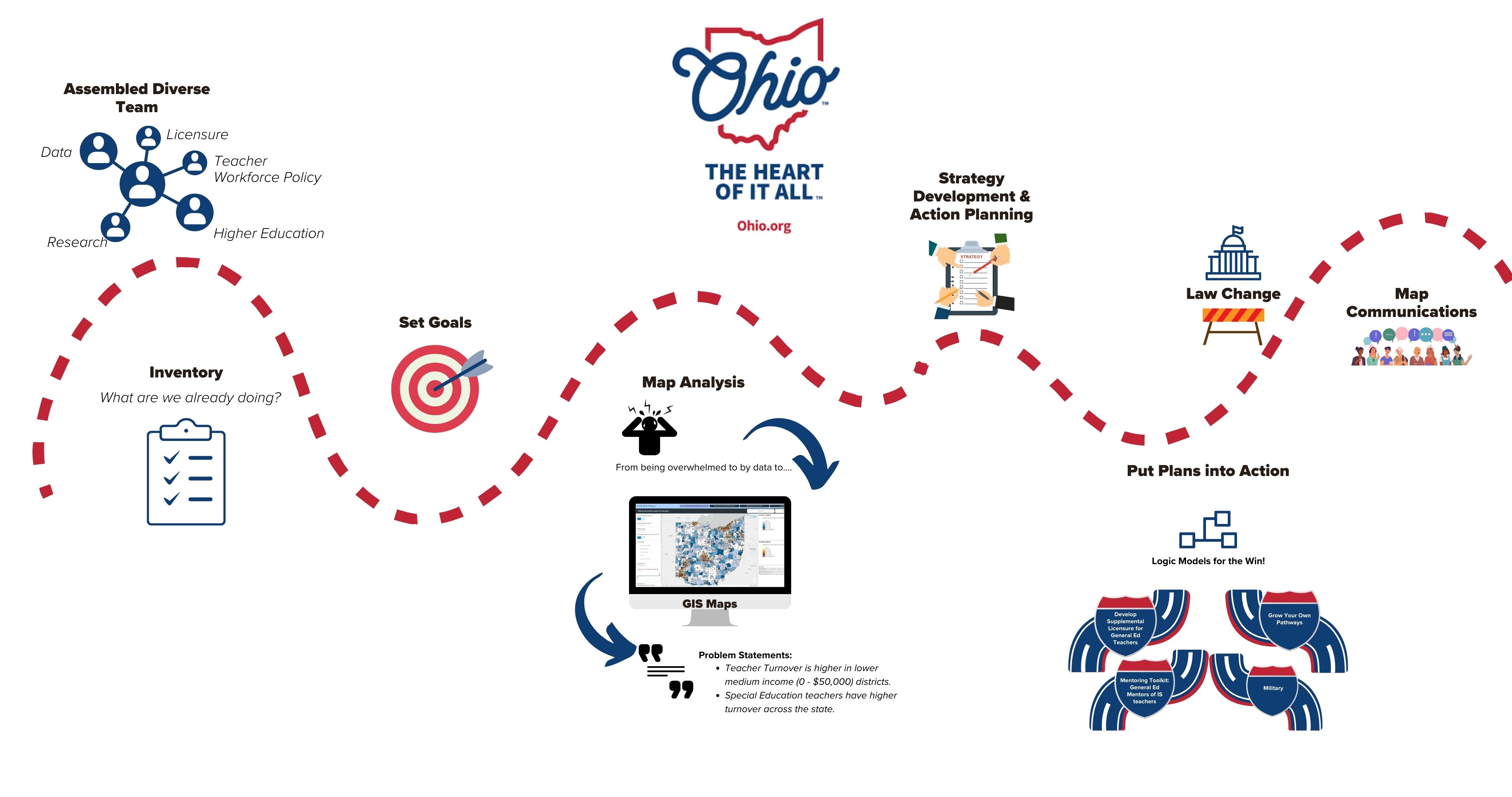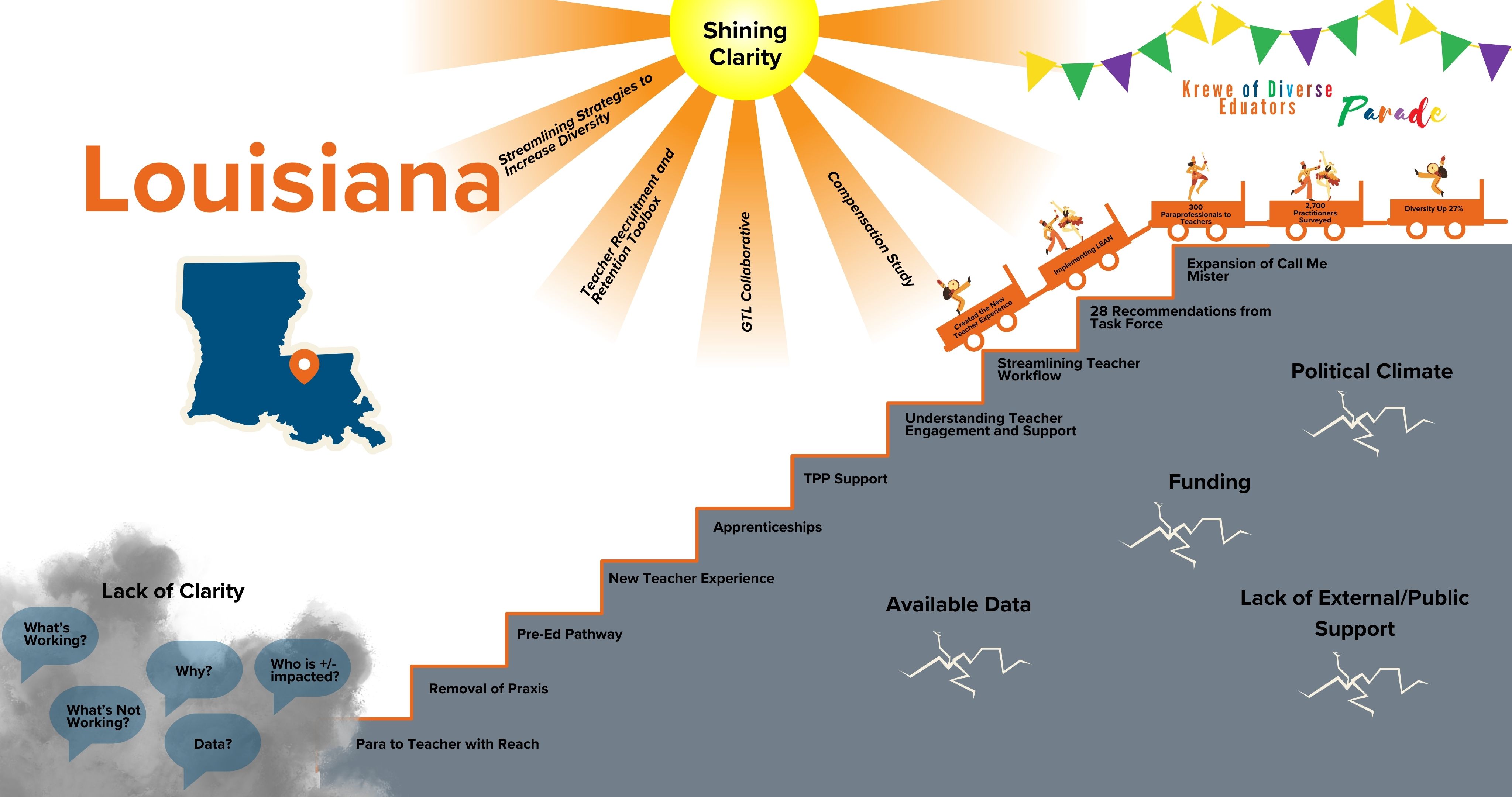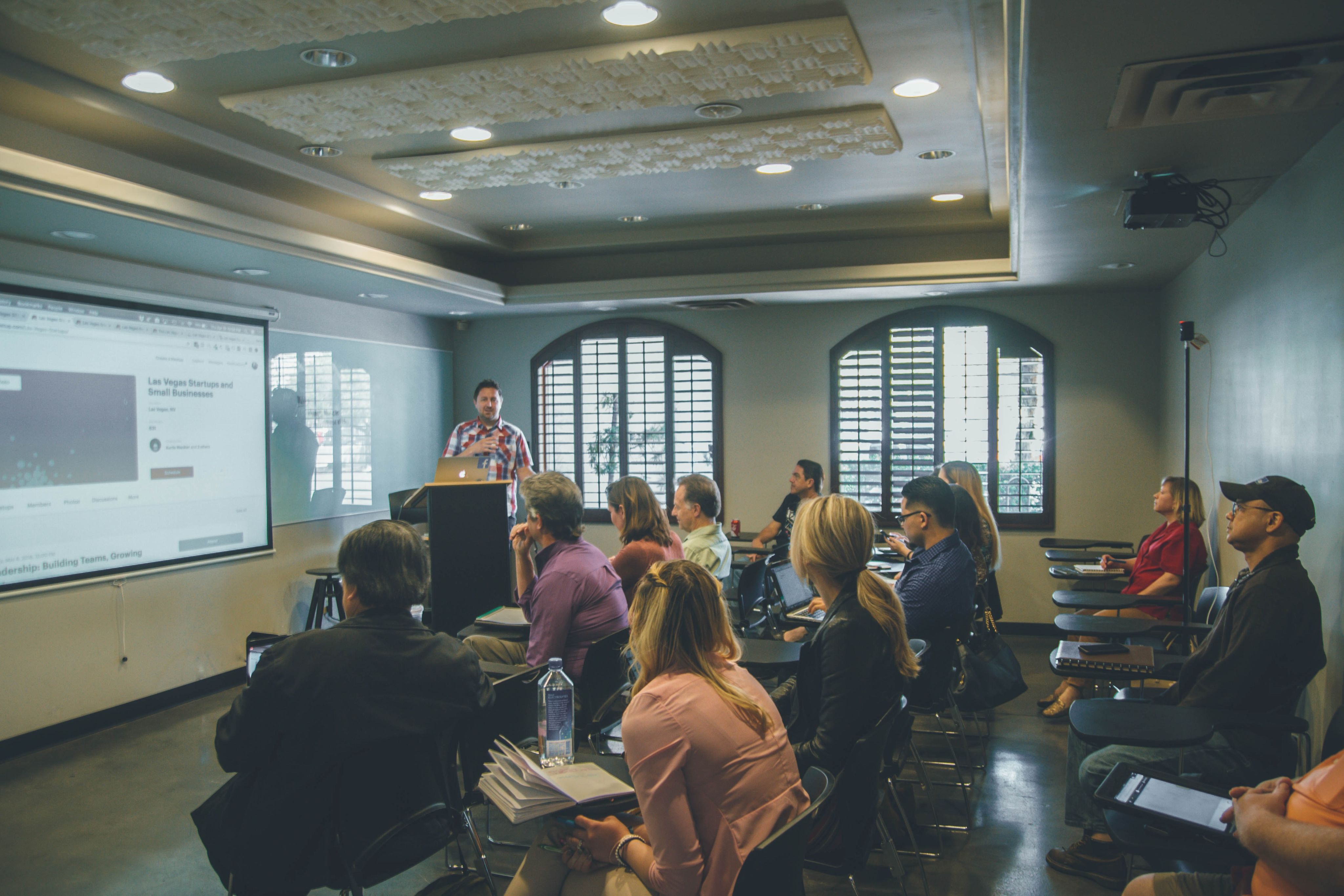The National Collaborative
on Educator Workforce Shortages and Diversity

The Challenge
Districts across the country have been hit hard by a chronic shortage of teachers, further exacerbated by the COVID-19 pandemic. Schools are unable to fill teaching positions, and consequently students do not have fully prepared teachers in the classroom.
Early retirement in some districts has increased dramatically, and enrollment in teacher preparation programs has declined. The shortage of effective teachers disproportionately impacts students who are underserved in both schools and society, and who are taking a much longer time to recover from COVID-19 learning gaps.
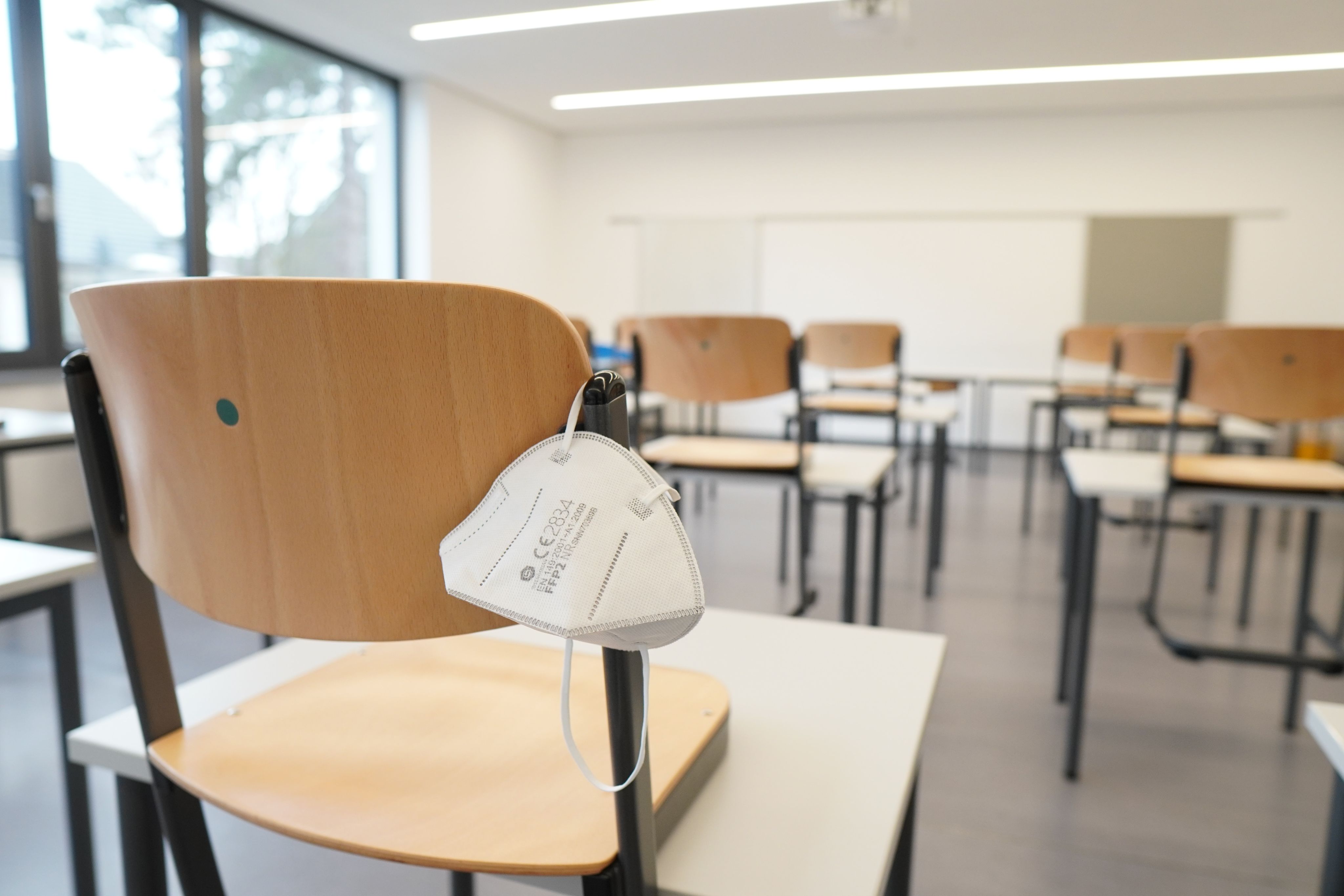
The Opportunity
To support states in addressing this urgent challenge, in 2022, the Center on Great Teachers and Leaders (GTL Center) engaged three state teams from Hawai'i, Ohio, and Louisiana to participate in a National Collaborative on Educator Workforce Shortages and Diversity.
The Collaborative is a two-year, data-driven facilitated coaching process. State teams work with GTL Center coaches to find solutions that are equity-focused and built for sustainability, while also engaging the community in understanding the root causes of shortages and gaps in educator workforce diversity.
Our Collective Goal
Working with other states, education leaders work toward strategic and comprehensive investments to support and strengthen the educator workforce by engaging in proactive, targeted, and purposeful policy and practice grounded in their unique needs and contexts. To learn more about this approach, explore the GTL Center's Talent Development Framework.
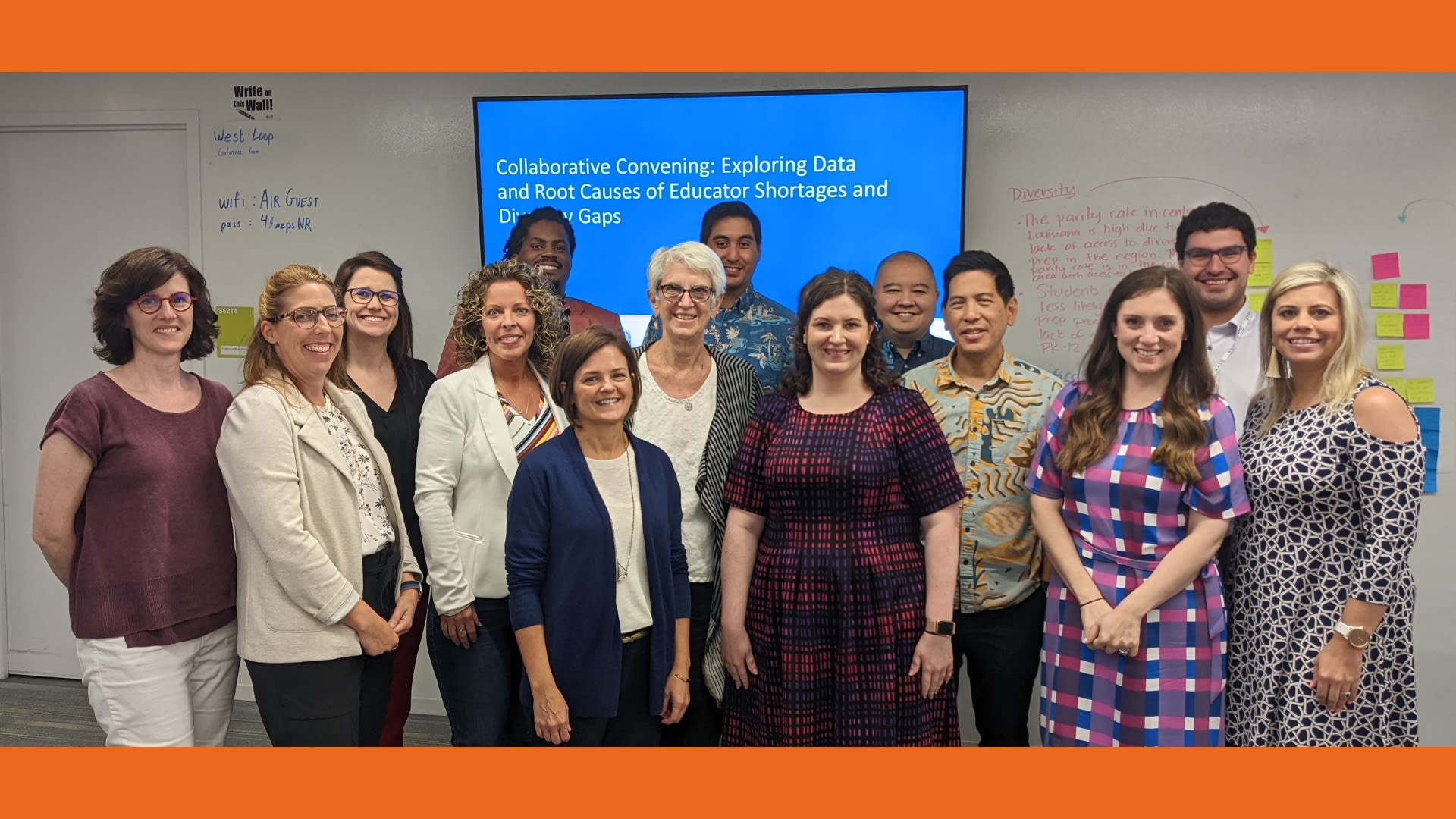
Collaborative Members: Mary Rose (Ohio), Cheryl Krohn (GTL Center), Stephanie Fojas (Ohio), Carolyn Everidge-Frey (Ohio), Lisa Lachlan (GTL Center), Jill Grubb (Ohio), A.J. Cabradilla (Hawaii), Jessica Giffin (GTL Center), Gary Nakamura (Hawaii), Kerry Tom (Hawaii), Em Cooper (Louisiana), Keane Alavi (GTL Center), Brandy Garrett (Louisiana)
Collaborative Members: Mary Rose (Ohio), Cheryl Krohn (GTL Center), Stephanie Fojas (Ohio), Carolyn Everidge-Frey (Ohio), Lisa Lachlan (GTL Center), Jill Grubb (Ohio), A.J. Cabradilla (Hawaii), Jessica Giffin (GTL Center), Gary Nakamura (Hawaii), Kerry Tom (Hawaii), Em Cooper (Louisiana), Keane Alavi (GTL Center), Brandy Garrett (Louisiana)
The Approach
Dedicated Time to Focus, Learn, Share & Plan
As part of the Collaborative, the GTL Center provides in-person and virtual opportunities for facilitated peer-to-peer consultancies, focused team time, presentations from content experts, and review of peer resources.
“If it weren’t for this process, [we would not have] taken the time to look at what we are doing and what we can do. It gives us a moment to pause and reflect on the work that we want to do to achieve the goals that we are setting…In our day-to-day, it’s always busy and these opportunities give us that time to take a step back...and focus on the work."

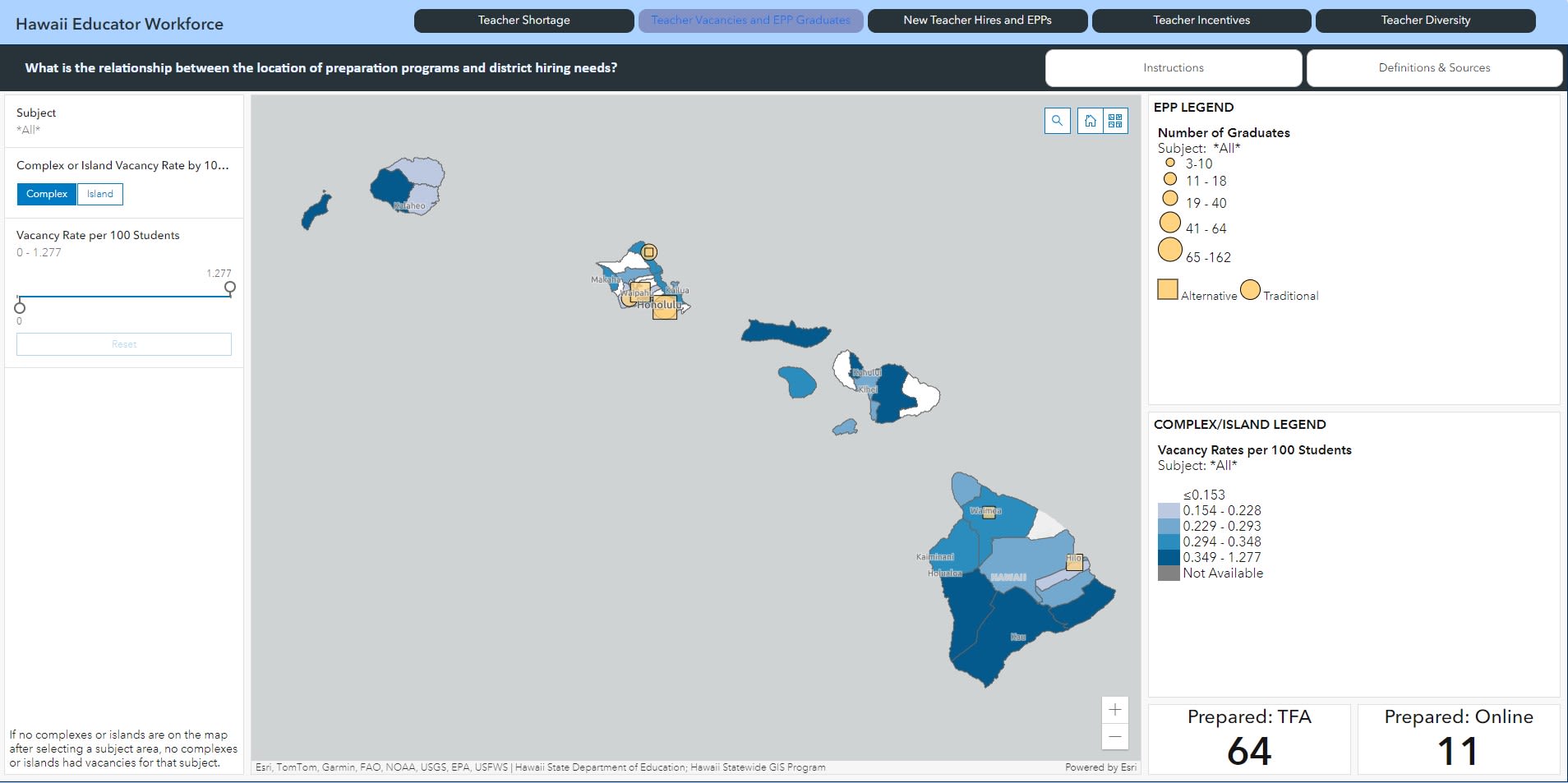
Example GIS Map interface from Hawai'i
Example GIS Map interface from Hawai'i
Actionable, Innovative Data Analysis
The GTL Center's Collaborative uses Geographic Information System (GIS) mapping to measure, analyze, and visualize existing educator workforce data, including diversity gaps, across the educator career continuum and at the state, district, school, and Educator Preparation Program (EPP) levels.
Collaborative State Teams work with the GTL Center experts and coaches to gather relevant data and then analyze the resulting GIS maps. This step helps states make sense of the data they already have available while also providing an evidence-based foundation for identifying patterns and disaggregating data to explore specific student and teacher populations.
"What I found most helpful about the Collaborative was (1) the support for turning our State's masses of data on employees and licensed educators into useable, interactive maps that are full of potential for exploration by many different audiences, and (2) the conversations that we were able to have supported by those maps...it's going to be important in policy going forward."
Customized, Tailored Coaching
The GTL Center team works side-by-side with State teams through a multi-step process to help create a locally driven, evidence-based action plan for addressing educator workforce shortages and diversity challenges.
Our steps include:
- Root Cause Analysis: consult with educators, higher education staff, policymakers, and community members to identify the underlying root causes for shortages and diversity gaps.
- Evidence-based Strategy Selection: link identified root causes with evidence-based, high-impact strategies (for example mentoring and induction, strategic staffing, or revisions to licensure requirements), and determine an implementation timeline.
- Implementation, Monitoring, and Continuous Improvement: using the GTL Center's action planning and implementation tools for high leverage strategies, teams develop communication plans and monitoring plans to capture intended and unintended consequences.
“[We had] different state coaches, but all of them brought a different lens to us and really afforded us with their level of expertise and passion with what they brought to the table. They were wonderful to work with. I think the follow-up coaching sessions that were in between the in-person convenings were really tailored to what we needed as a state, and that was really important.”

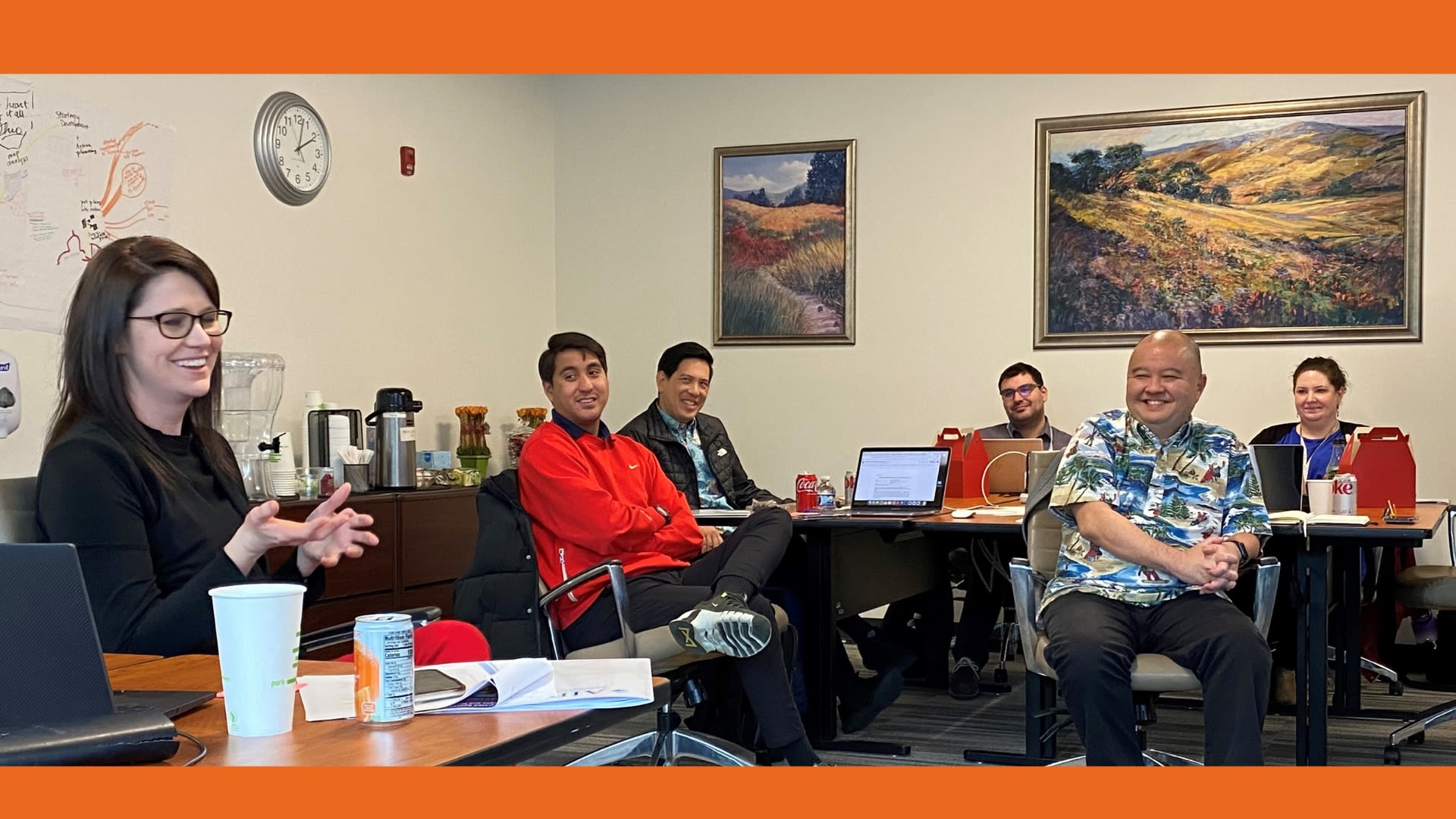
Opportunities for Cross-State Learning
The GTL Center Collaborative brings state teams together for multiple in-person learning opportunities during the two-year period.
During these sessions, states not only engage in collective learning with national experts, they share their own problems of practice, resources, and stories. By working together, states in the Collaborative have opportunities to better understand the national picture, identify what makes their state's challenges similar or unique, and borrow or adapt innovative ideas and practices or approaches for their educator workforce challenges.
"What I learned from other states comes from just the shared journey of the process itself. Being able to recognize while we are all using the same language we may be looking at different things that are unique, which helps us then to identify what is unique about our situation as well. Collaboratively it helps to really provide context, to not just what other states are doing across the country but how we can improve in our own jurisdiction."
Interested in Going Deeper?
Explore Each State's Journey Map
At the Collaborative's final in-person convening in December 2023, we asked each state team to reflect and draw a "Journey Map," which offers a visual representation of each team's Collaborative experience.
Process
Teams could reflect on the entire process, or focus on a specific aspects, like milestones, bumps in the road, or measures. After drawing their maps, teams completed a Journey Walk and reflected using a See-Think-Wonder strategy.
Interactive Journey Maps
After the event, we turned each Journey Map into an interactive story. Scroll down to view the maps.
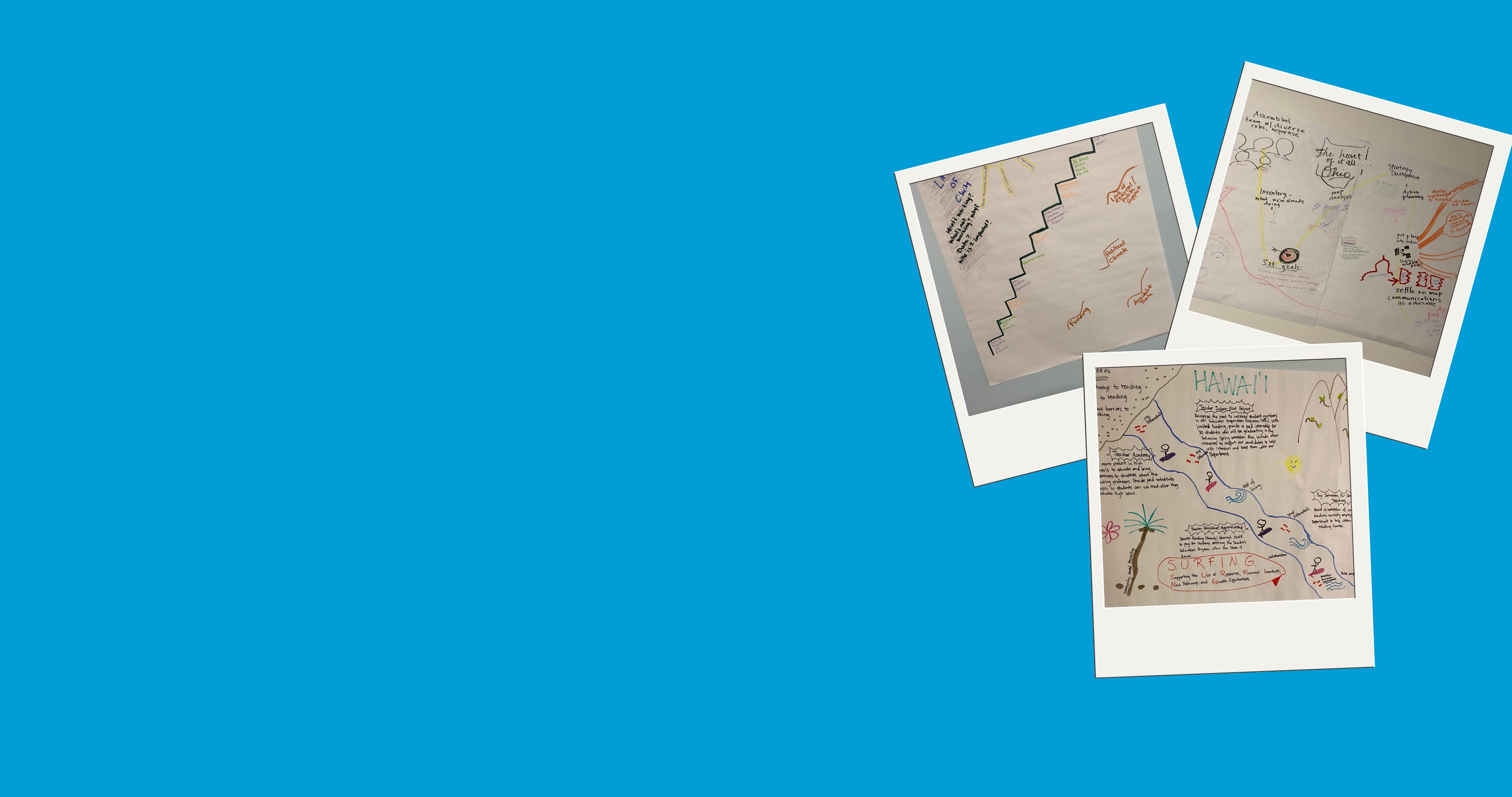
State Journey Maps
Hawai'i: S.U.R.F.I.N.G
Team Hawai'i used the metaphor of S.U.R.F.I.N.G. to illustrate the way their state is thinking about using community-based recruiting to ride the waves of educator workforce challenges that are unique to their state.
Ohio: The Path to Action
Team Ohio described their whole journey from team formation to recent legislative road bumps, as well as the educator workforce strategies underway in the state.
Louisiana: Finding Clarity
Team Louisiana described how their experience helped to shift their team's level of understanding from cloudy confusion to shining clarity, which in turn has helped streamline action planning and produce meaningful impacts for the field.
Interested in Joining a Future GTL Center Collaborative?
The GTL Center Collaborative Team

Lisa Lachlan
Lisa is a managing TA consultant at AIR and serves as the GTL Center's Director of Strategic Partnerships.

Cheryl Krohn
Cheryl is a senior TA consultant at AIR and serves as a senior advisor to the GTL Center.

Jessica Giffin
Jessica is a senior TA consultant at AIR and serves as the GTL Center's Educator Shortages and GIS Lead.

Shauntice Wheeler
Shauntice is a senior TA consultant at AIR and serves the GTL Center Professional Learning Expert.
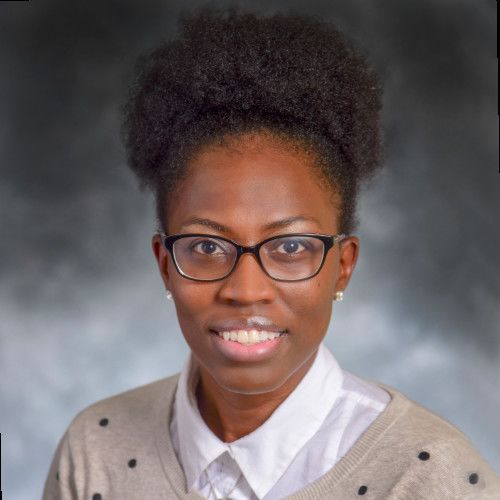
Flora Harmon
Flora is a Researcher with at AIR and serves as state team coach with the GTL Center.

Keane Alavi
Keane is a TA associate at AIR and serves as a state team coach while also managing communications and project management for the GTL Center.

Jenni Fipaza
Jenni is a senior communications specialist at AIR and serves as an advisor to the GTL Center.

Dena Slanda
Dena is a senior TA consultant at AIR and serves as an advisor to the GTL Center.
GTL Center Resources
February 2023
Published with our partners at the Branch Alliance for Educator Diversity, this brief argues that intentional actions throughout the design and implementation of R-TAPs have the potential to increase ethnoracial diversity in the teacher workforce.
October 2022
Codeveloped with our partners at the CEEDAR Center, this funding guide is a helpful resource for practitioners and policy makers in the field trying to build an understanding of possible funding opportunities to grow and implement R-TAPs.
Emerging Pathways Into the Teacher Profession: Evaluating and Substantiating Their Effectiveness
November 2023
Cowritten by AIR’s Center on Great Teachers and Leaders and the Center for Economic Evaluation, this brief provides insights on how emerging pathways into the profession (e.g., Grow-Your-Own, RTAPs) can be evaluated to determine their overall effectiveness and associated costs.
Prioritizing an Integrated Approach to Educator Shortages and Workforce Diversity
September 2023
The GTL Center, in partnership with the Center for Black Educator Development, produced three resources that create a vision for integrated efforts to resolve shortages by attracting, recruiting, and retaining effective and racially marginalized educators for the students who need them the most.
October 2023
In this brief, we examine the impact of the student loan crisis on the teaching profession and offer potentially promising and sustainable solutions.

The Impact of a $10,000 Bonus on Special Education Teacher Shortages in Hawai'i
August 2023
The Center for Analysis of Longitudinal Data in Education Research (CALDER Center) at AIR, the GTL Center at AIR, and Boston University examined impact of a bonus policy implemented in 2020 by Hawai‘i Public Schools. Experts analyze how Hawai'i represents a unique but instructive case of how strategic financial incentives can help address special education teacher shortages.
Raising the Bar on Teacher Pay
May 2023
Cowritten by GTL Center at AIR and the Teacher Salary Project, this brief presents a case for state and local policy makers to look at the data to make better decisions related to teacher salary increases. This brief highlights national research on current teacher salaries and their impact; outlines state-by-state data, exemplars, and guidance for making salary adjustments; and summarizes recent commitments to teacher pay made by state governors.
May 2023
Cowritten by the GTL Center, CEEDAR Center, and the American Association of Colleges for Teacher Education, this brief considers the important role educator preparation programs (EPPs) can play when designing Teacher Registered Apprenticeship Programs. The brief highlights strategies and resources for those that seek to engage EPPs as co-creators of Teacher R-TAPs and provides examples of current Teacher R-TAPs that have successfully engaged EPPs.
Interested in Connecting with Us?
Learn more about the GTL Center by visiting www.gtlcenter.org or following us on LinkedIn.


